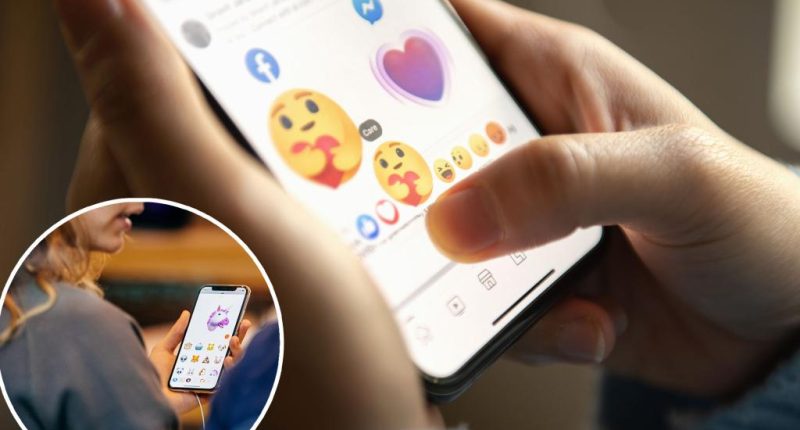Share this @internewscast.com
Emojis can improve relationships, according to new research.
American researchers suggest that digital expressions of emotions and concepts in texts and social media enhance intimacy and the satisfaction of relationships by supplementing in-person interactions.
Despite the widespread use of emojis in messaging and social networking, no prior research had examined their possible role in enhancing connections between individuals.

Scientists from The University of Texas at Austin explored how emojis impact perceptions of relationships in a time when online interactions are prevalent.
The participants included 260 adults ranging in age from 23 to 67 who were randomly assigned to read 15 text message exchanges that varied only in the presence or absence of emojis in the text.
They were instructed to imagine themselves as the sender of each message and to focus on their partner’s replies.
Participants rated partners who used emojis as more responsive than partners who communicated through text alone.
Study author Sally Huh said: “This perceived partner responsiveness through emoji use was positively associated with closeness and relationship satisfaction.
“Surprisingly, there were no significant differences between face and non-face emojis, suggesting that the type of emoji may be less critical than previously assumed.
“Rather, it may be the presence of emojis that drives perceptions of greater partner responsiveness and better relationships.”
The design of the study, published in the journal PLOS One, focused only on one partner in an inherently two-way relationship.

The researchers say the design helped to isolate the effects of emoji use on friendship dynamics, moving beyond the correlational approaches that dominate much of the existing literature.
They believe the findings show that emojis may serve not only as expressive devices but also as signals of attentiveness and emotional engagement.
Ms Huh added: “The study revealed that emojis can boost relationship satisfaction by signalling emotional attentiveness.
“Interestingly, it’s not the type of emoji but simply their presence that makes people feel closer to their partner.”















